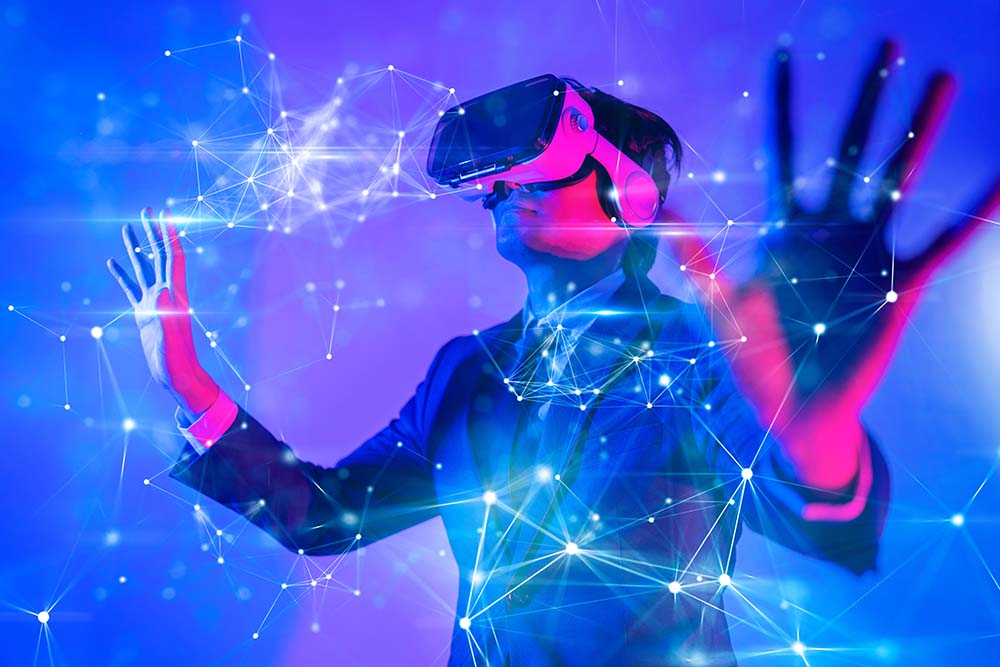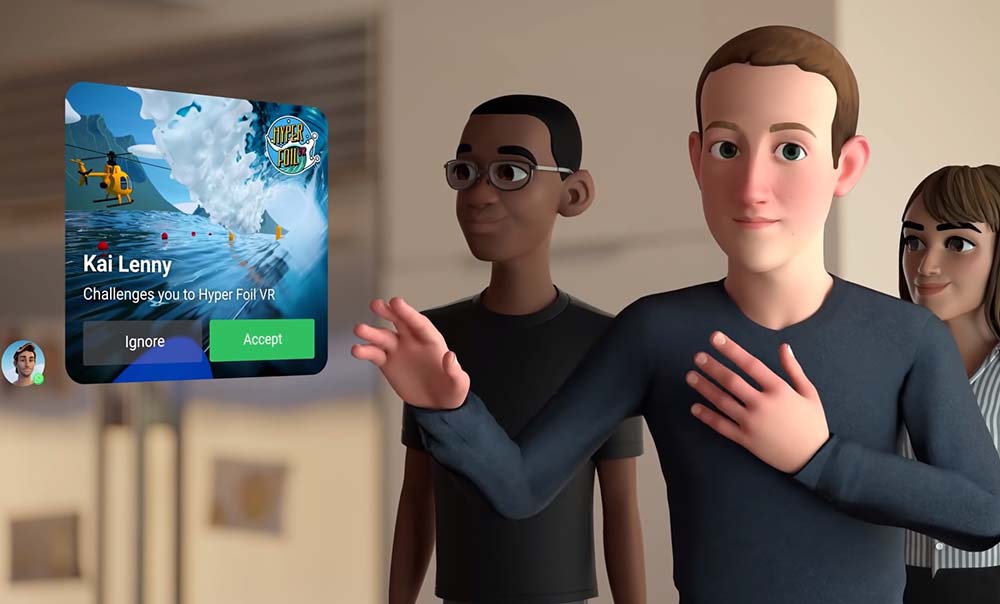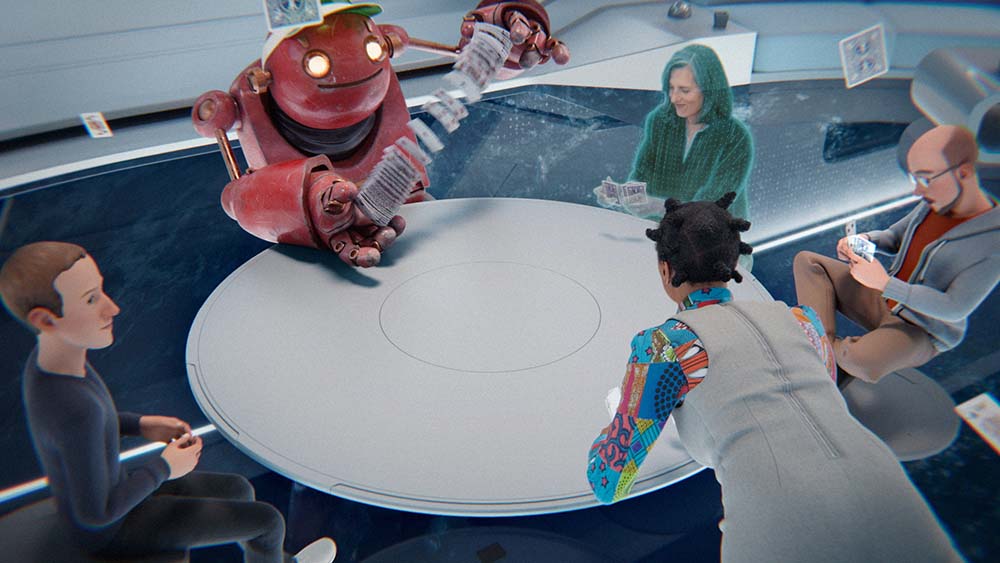Metaverse – A dystopia or the new reality?

In recent months, the metaverse has been in the news, on corporate agendas, and on consumers’ minds. The metaverse is a universe that will change how we play, how we shop, how we hang out with friends, and even how we work.
What is the metaverse?
The word “metaverse” is often traced to Neal Stephenson’s 1992 dystopic, cyberpunk novel “Snow Crash”. It’s the combination of two words, the Greek “meta”, which means change, transformation, and “verse” from the English word “universe”.
The metaverse is a digital future where people can use avatars to explore a virtual world, a “place” parallel to the physical world, with the help of virtual reality.
Instead of seeing the Internet on a screen, we can put on our virtual reality headset and we can experience an alternative digital universe that’s immersive and makes us feel like we’re inside the Internet, rather than outside looking in.

An evolution of the Internet
Online communities have existed since the mid-1980s and grew in the 1990s with chatrooms, AOL instant messenger, and the first social media sites. The game World of Warcraft became a hangout for millions in the early 2000s, and communities have continued to sprout up within and around games.
Already millions of people are spending many hours a day on virtual platforms like Roblox and Fortnite. Today, logging onto Fortnite, joining a chat with friends, and launching into a game with them is, especially to younger generations, a social experience just like any other physical interaction.
The promise of the metaverse is to allow a greater overlap of our digital and physical lives in wealth, socializing, productivity, shopping, and entertainment.
These two worlds are already interwoven, no headset is required. Think about the Uber app telling you how far away your ride is. Think about how Netflix analyzes what you’ve watched and makes new suggestions. Think about how the LiDAR scanner on newer iPhones can take a 3D scan of your surroundings.
At its core, the metaverse (also known as “web3”) is an evolution of the Internet.
Τech titans are scrambling to build their visions of this new universe, expecting it will hit $800 billion by 2024 and reach 1 billion people by 2030.
How will the metaverse change our lives?
Work – The future of work will be redefined by new metaverse experiences. Meta’s Horizon Workrooms and Microsoft’s Mesh are designed to empower workers in a virtual world, both enabling remote collaboration through mixed reality applications. Virtual meetings will move to the metaverse – as quickly as within three years, Bill Gates predicts. Already accustomed to working from home because of Covid, the metaverse will decrease the need for a workplace even more.
Education & Social life – School and social life, too, will evolve too. Platforms such as AltspaceVR enable community-based experiences in the metaverse, allowing people to gather for live virtual events, such as comedy clubs or bar nights. Roblox is planning to bring educational video games to classrooms. A Marshmello concert in Fortnite recently attracted 10 million people.

Shopping – A new era for commerce may dawn, with stores selling anything from fantastical digital pets to e-pparel. Fashion retailers such as Tommy Hilfiger and Forever 21 are selling NFT clothing. Nike has filed trademarks for virtual gear, shoes, and accessories, and luxury labels Gucci, Balenciaga, and Luis Vuitton are beginning to sell e-clothes and e-bags. Meta-malls are starting to pop up, allowing you to shop in VR stores and stock up on outfits for your avatar.
The metaverse future
More than 160 virtual worlds operate today, yet the future of the metaverse is still unknown and also has some roadblocks to overcome.
For the metaverse to reach its potential, it needs people. Today only 34 percent of consumers are excited by the idea and even less believe it will be good for society. Expensive headsets may also be a barrier to adoption, and it’s unclear how spending large amounts of time wearing a headset and roaming around in a parallel reality may affect our mental and physical health.




